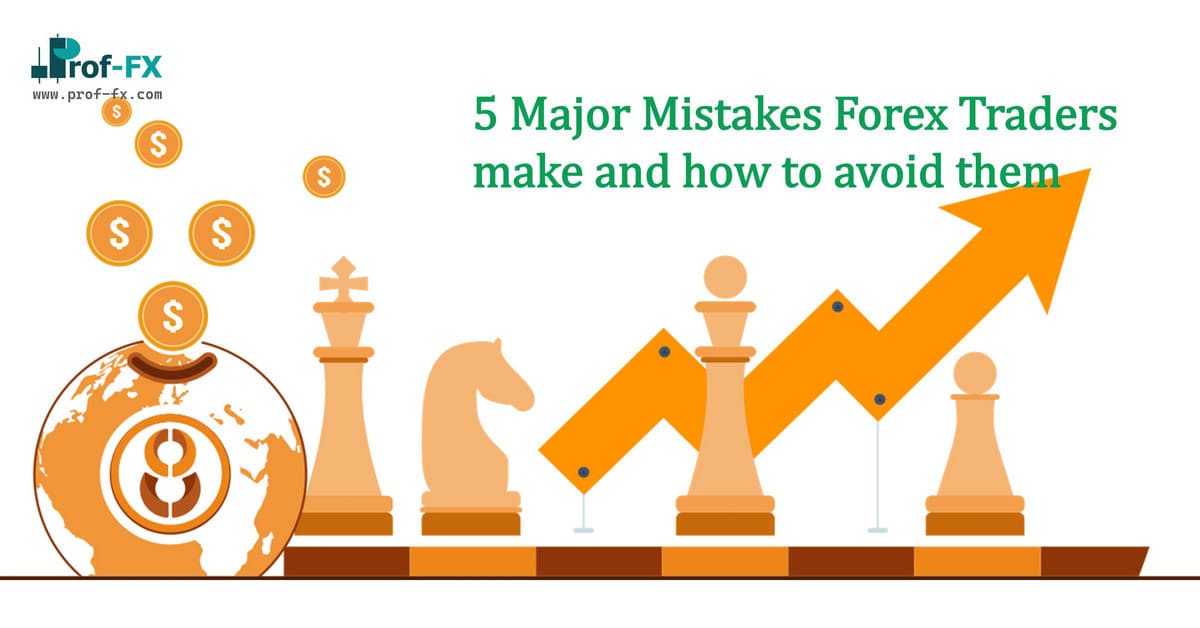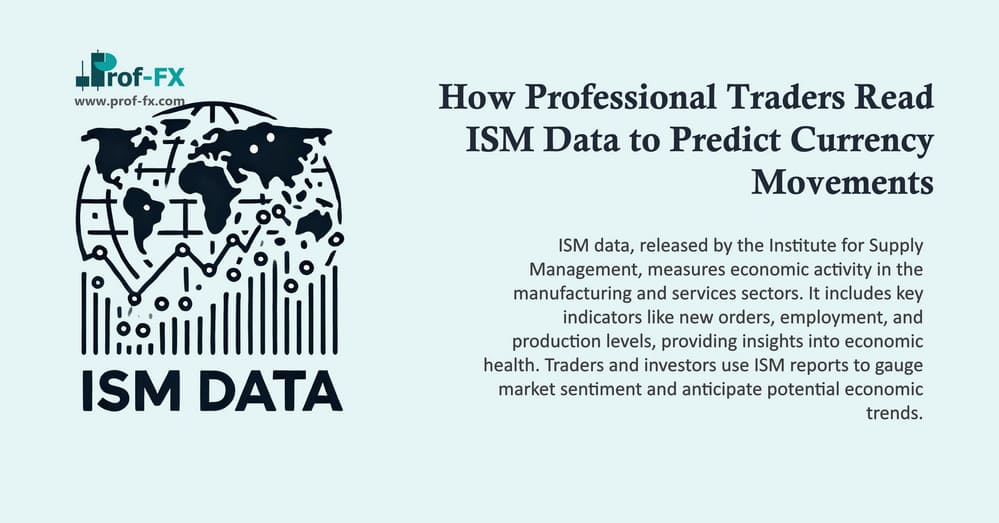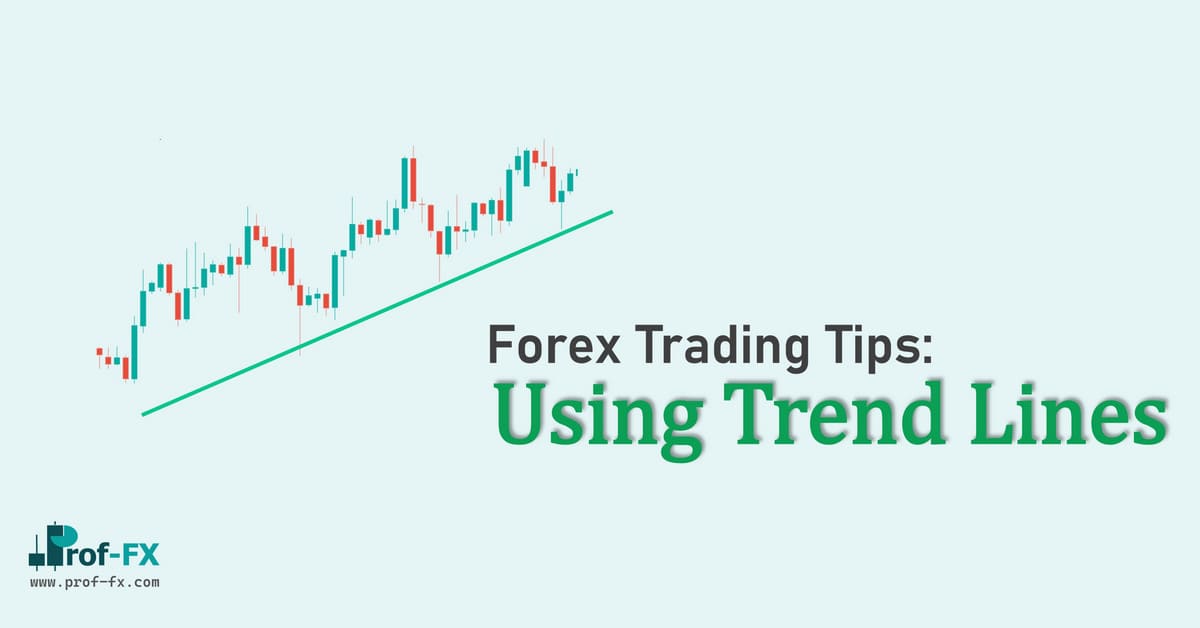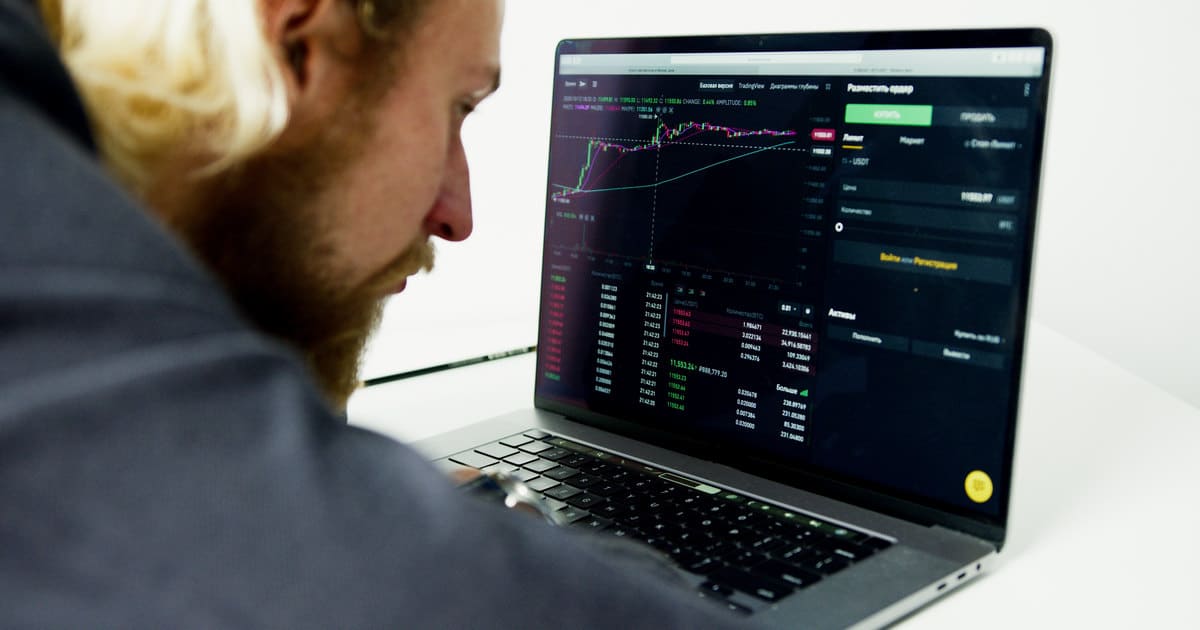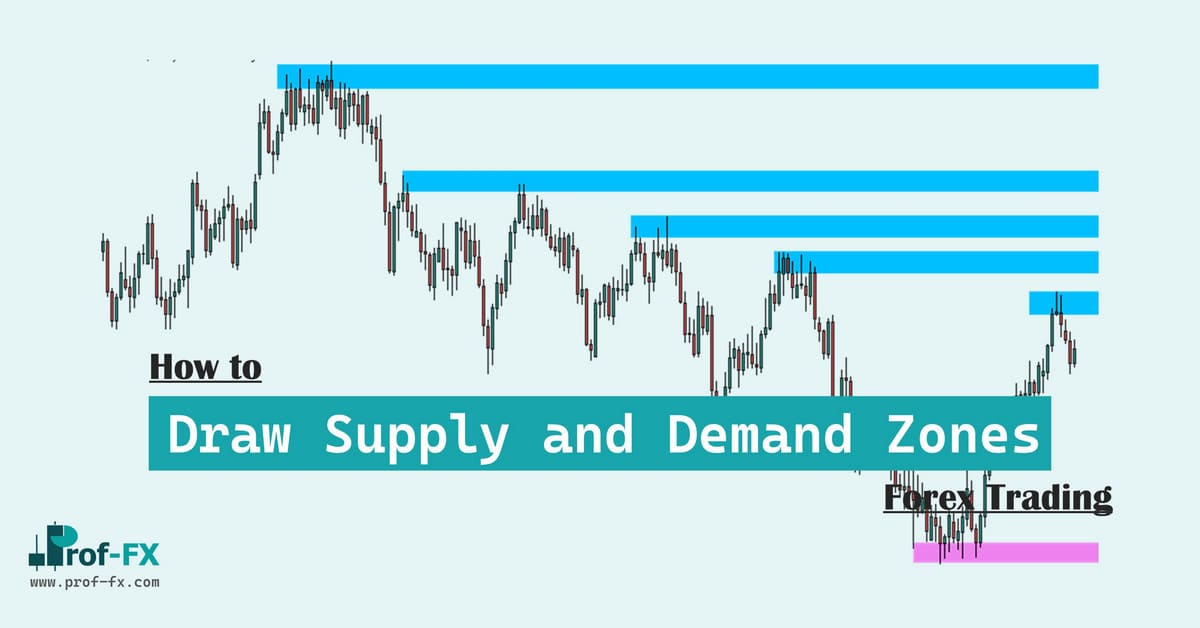In the fast-paced and ever-changing world of the Forex market, traders of all levels of experience can fall victim to common mistakes that can have significant consequences on their trading journey. These mistakes often revolve around inadequate risk management, emotional decision-making, lack of a well-defined trading plan, and overreliance on speculative techniques.
Recognizing and learning from these mistakes is crucial to fostering a successful and sustainable trading career in the Forex market. As one of the largest and most liquid financial markets, Forex offers tremendous opportunities for profit and growth. However, navigating this dynamic landscape requires a cautious approach, as many traders fall prey to major mistakes that can lead to significant losses.
In this article, we will explore the five major mistakes traders make in Forex trading and equip you with essential tips to avoid them.
The 5 Major Mistakes Forex traders make are:
Lack of a Well-Defined Trading Plan
Trading without a well-defined plan is a recipe for disaster. Many traders jump into the markets without a clear strategy, which leads to impulsive and emotional decisions. A trading plan is like a roadmap that guides traders through the unpredictable Forex market. It provides structure, discipline, and a rational approach to decision-making. Without such a plan, traders are more likely to make emotional, haphazard choices that can lead to substantial losses and hinder their long-term success in trading.
A well-defined and strictly adhered-to trading plan lies at the core to steer clear of the mistakes highlighted in this blog. Every trader has a trading plan according to their set of rules. However, let us provide you with a brief guide of the things you should keep note of in your trading plan.
How to avoid:
Trading Goals and Objectives: Clearly define your short-term and long-term trading goals, such as profit targets, risk tolerance, and the desired frequency of trades.
Preferred Trading Style: Identify the trading style that suits you best, whether it’s day trading, swing trading, or position trading. Choose a style that aligns with your lifestyle and available time for trading.
Risk Management Rules: Outline your risk management strategy, including the maximum amount you’re willing to risk on each trade (as a percentage of your trading capital), setting stop-loss orders, and considering position sizing techniques.
Entry and Exit Criteria: Define the specific conditions that will trigger your trade entries and exits. This includes identifying key technical indicators, chart patterns, or fundamental factors that validate your trading decisions.
Trading Tools and Indicators: Specify the trading tools, indicators, and charting platforms you will use to conduct your analysis and execute trades effectively.
Trading Schedule: Establish a trading schedule that fits your lifestyle and ensures you have adequate time to monitor the markets and execute trades.
Review and Evaluation: Develop a routine for reviewing your trades and evaluating their outcomes. Analyze both successful and unsuccessful trades to learn from your mistakes and improve your trading strategy.
Record Keeping: Establish a method for keeping detailed records of your trades, including entry and exit points, trade size, profits, losses, and the reasoning behind each trade. This will help you track your progress and make data-driven improvements.
Over-trading
Overtrading refers to executing an excessive number of trades within a short period, often driven by fear of missing out on potential profits or the desire to recover losses quickly. There can never be a consistently positive outcome by overtrading in the long run due to the following reasons:
Increased Transaction Costs: Each trade incurs transaction costs, such as spreads and commissions. Overtrading can lead to higher expenses, reducing overall profitability.
Lower Quality Trades: Focusing on quantity over quality often leads to taking trades without thorough analysis, increasing the likelihood of poor trade entries and exits.
Emotional Exhaustion: Constantly monitoring and executing trades can lead to emotional exhaustion and burnout. Mental fatigue can hinder clear decision-making and negatively impact performance.
Lack of Focus: Overtrading can distract traders from their well-defined strategies and trading plans, making it difficult to stick to a disciplined approach.
Diminished Performance: Over time, overtrading can result in decreased overall performance and potential losses, as quality trades become overshadowed by numerous lower-probability trades.
Over-trading coupled with low-quality of trades has an evident outcome of an extremely low strike rate.
How to avoid Over-trading?
Be patient and wait for high-probability trading opportunities. Stick to your trading plan and only execute trades that align with your strategy. Remember, it’s better to focus on quality over quantity and prioritize the preservation of capital to withstand market fluctuations and pursue consistent growth.
Over-leveraging
Using excessive leverage amplifies both profits and losses. While it can lead to massive gains in a favorable market, it can wipe out your account quickly in a volatile or adverse situation. The allure of using high leverage to amplify potential profits can be tempting, but it is also one of the riskiest mistakes traders make.
Over-leveraging is a perilous practice that can expose traders to substantial risks and potential financial ruin in the following ways:
Increased Risk of Losses: Overleveraging magnifies the potential losses on trades. Even a small adverse price movement can result in substantial losses, leading to rapid and significant drawdowns in the trader’s account.
Margin Calls and Account Liquidation: Trading with high leverage reduces the margin required to maintain open positions. When the market moves against the trader’s positions, it may lead to margin calls, where the broker requires the trader to deposit additional funds to cover potential losses. Failure to meet margin requirements can result in forced position liquidation by the broker, causing substantial losses and potentially wiping out the trader’s account.
Emotional Stress and Impulsive Decisions: High leverage can create emotional stress and anxiety, as traders are constantly exposed to significant market movements. Fear and panic may lead to impulsive decision-making, causing traders to abandon their trading plan and make hasty trades without proper analysis.
Lack of Risk Management: Overleveraging often means that a large portion of the trading capital is at risk on a single trade. Traders may neglect proper risk management practices, such as setting stop-loss orders or managing position sizes effectively, further increasing the potential for losses.
Reduced Trading Flexibility: Trading with excessive leverage restricts the trader’s ability to adjust their positions or take advantage of new opportunities. A large portion of the trading capital is already committed to existing trades, limiting the flexibility to adapt to changing market conditions.
Diminished Learning Opportunities: High-leverage trading can result in quick and significant losses, leaving traders with less capital to learn and improve their trading skills. The lack of sufficient funds to trade and gain experience can hinder a trader’s growth and development in the market.
How to avoid Over-leveraging?
Use sensible leverage and risk only a small percentage of your trading capital on any single trade. A general rule of thumb is to risk no more than 1-2% of your total capital per trade.
Ignoring Risk Management
Traders often overlook risk management, focusing solely on potential profits. Without proper risk management, one or two bad trades can erase months of gains.
Removing or extending Stop-loss: More often than not, traders tend to remove or extend their stop losses in anticipation that the trade will reverse in their favour. This must be avoided to not deviate from your planned risk on the trade and to stay in control of your emotions.
How to avoid poor Risk-management?
- Set stop-loss orders for every trade to limit potential losses.
- Additionally, use position sizing based on your risk tolerance to manage your exposure effectively.
- Accept that losses are part of trading, and avoid the temptation to overtrade or increase position sizes after a loss.
- Stick to your trading plan and avoid letting emotions dictate your actions.
Lack of Discipline and Patience
Impulsive decisions and a lack of discipline can lead to trading based on emotions rather than logic. Cultivate patience and discipline by sticking to your trading plan and avoiding impulsive actions. Develop a trading routine that allows you to stay focused and avoid distractions.
How to Observe Patience and Discipline?
You can read more on how to observe discipline and patience in Forex trading from our blog The winning mindset of a Successful Forex Trader
Remember that Forex trading requires continuous learning and adaptability. Avoiding these major mistakes and continuously improving your trading skills will increase your chances of success in the long run.
Final Thoughts
In the vibrant and ever-evolving world of Forex trading, steering clear of major mistakes is paramount to achieving success and financial growth. Throughout this blog, we have gained valuable insights into the disastrous effects of overleveraging, the perils of overtrading, the importance of a well-defined trading plan, and the significance of risk management.
Remember, each mistake presents an invaluable learning experience. With determination, dedication, and a well-crafted trading plan, we can transform these challenges into stepping stones toward a rewarding and prosperous journey in the Forex market. As we move forward, let us approach each trade with wisdom, resilience, and a steadfast commitment to our trading principles, knowing that with time and experience, we can master the art of Forex trading and achieve our financial goals.


